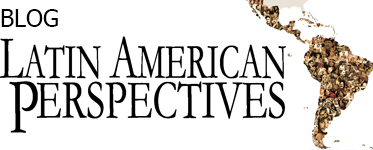Blog Exclusive, Political Report #1959 – The Washington Consensus Arrives In Brasília
by Marc Castillo and Sírio SapperAbstractJohn Williamson´s renown paper "The Washington Consensus" while causing controversy is nothing more than basic capitalist tenants. Brazil has been undergoing a "Washington Consensus" transformation for decades now. During the last several years this evolution has progressed at a more ambitious pace. This paper examines the actions and mechanisms that the Bolsonaro administration has undertaken to make free market principles more concrete in Brazil.Keywords: Free Market Principles, Brazil Economy, Bolsonaro Administration, Brazil, Brazilian PoliticsTHE WASHINGTON CONSENSUS AND BRAZIL: CONTEXTUALIZATIONThe ‘Washington Consensus’ has arrived in Brazil and it is there to stay. In 1989, US Treasury Secretary Nicholas F. Brady came out with a solution to the immediate debt crisis faced by countries such as Brazil, Argentina, Panama, and Peru among others at the time. Shaped as a debt refinancing agreement, the initiative proposed extended terms between creditors and debtors under specific requirements to be fulfilled. Though it is not thought of, several of the economic initiatives used by various Brazilian governments throughout the last several decades have heralded from the famous work of John Williamson called "A Short History Of The Washington Consensus, " these reforms haven given way to privatization and in a [...]



